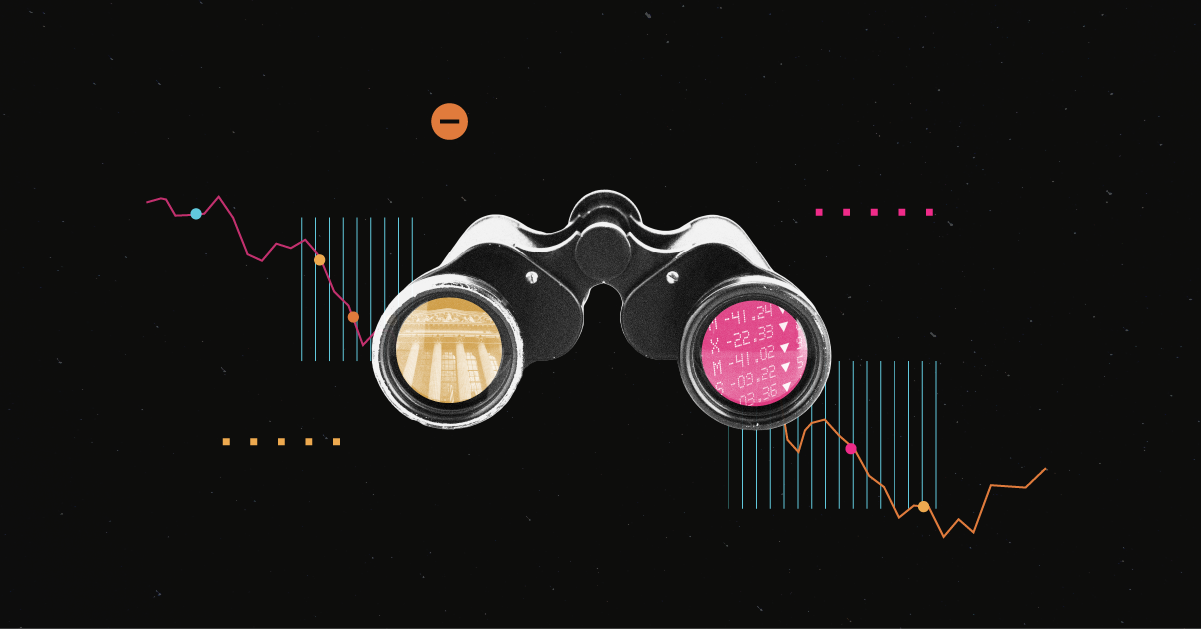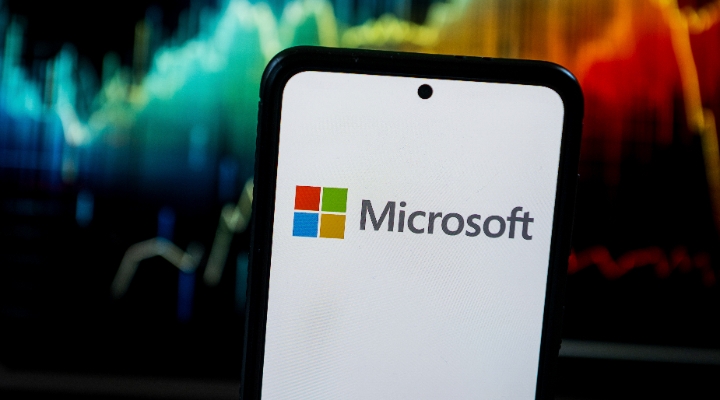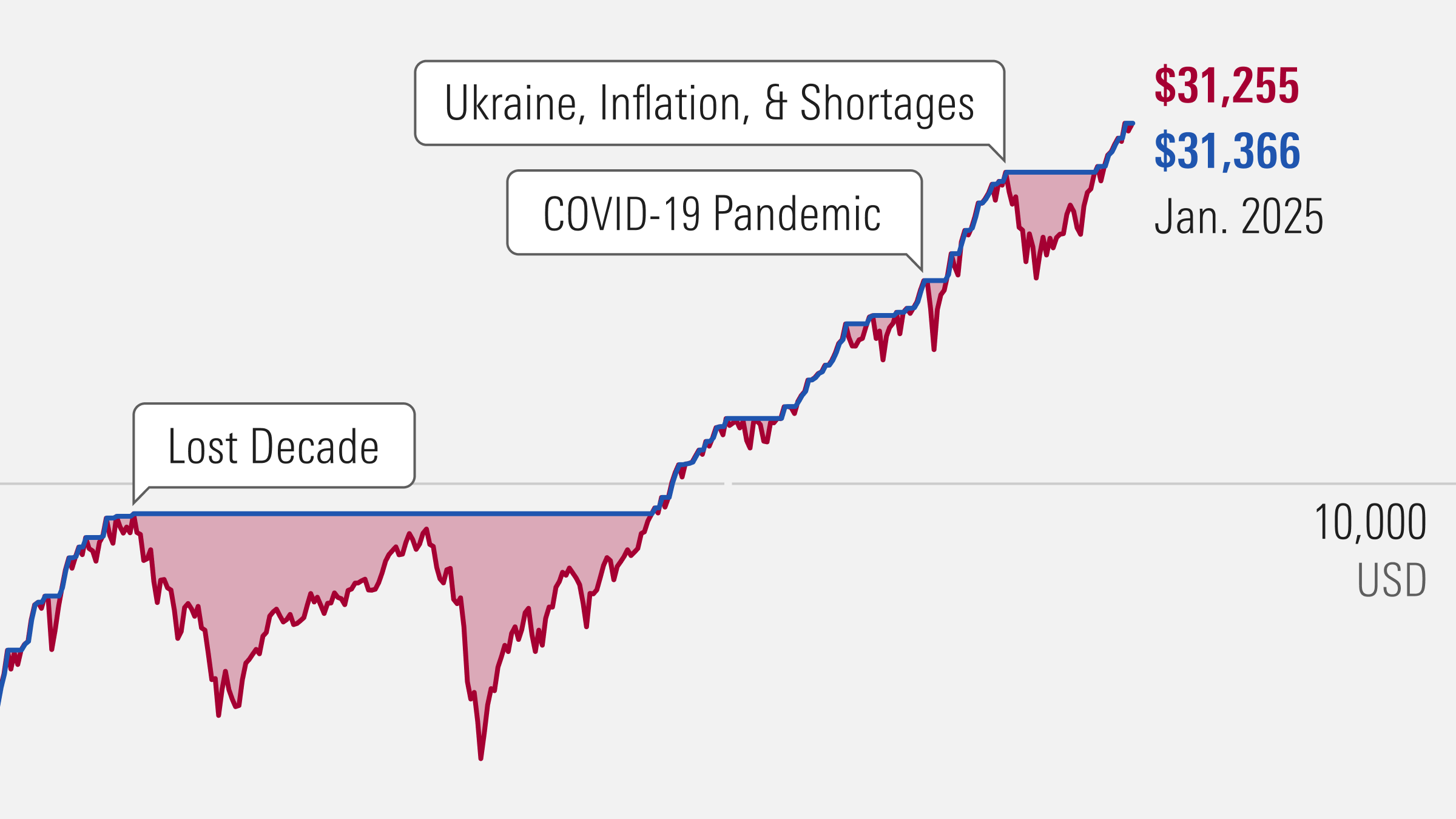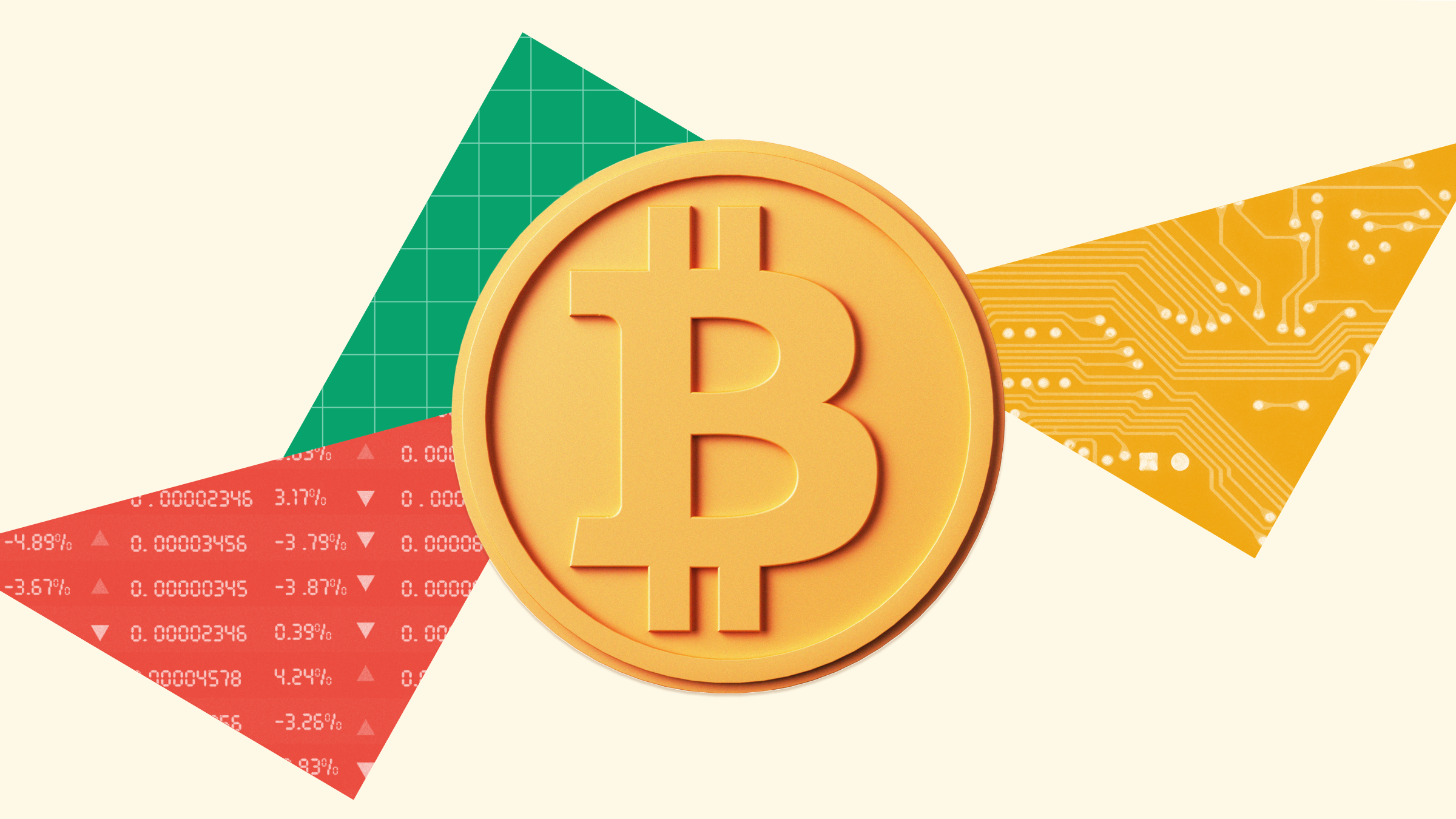We generally view Scandinavia, where Nordea generates more than 80% of its operating income, as an attractive banking market. However, given higher capital standards and an environment of persistently low interest rates, Nordea's ability to keep costs under control will become even more important in helping the bank realize returns in excess of capital cost. We are concerned about distractions and potential penalties resulting from ongoing compliance issues amid investigations by various regulators.
Nordea has largely avoided the problems that have plagued the rest of Europe--the bank does not have any significant credit relationships or exposure to sovereign debt in countries most often associated with these headline issues (Greece, Spain, Italy, Ireland, and Portugal). Though net loan losses in Denmark were elevated for most of the past few years, loan losses have since declined, and profitability from its Denmark operations has improved. In addition to lower loan losses, macroeconomic conditions have also improved throughout Nordea's markets, such as Sweden. On the other hand, the impact of Russian sanctions on Nordea's customers in Finland, as the country deals with a prolonged economic downturn, is concerning, as is the weakness in Norway stemming from the weak energy environment. With total loan-loss reserves covering only about 43% of impaired loans, elevated provisioning charges are likely to continue to eat into returns. However, the bank has not incurred a net loss for most of the past decade.
The bright spot in Nordea's operations remains its continuing cost-reduction efforts, largely through reduced head count. Nordea continues to move forward in a self-defined "new normal" period as the bank focuses on attaining a return on equity of 15%. One reason Nordea may be able to reduce head count without perceptible loss of service is that customers are moving away from transactions performed in a bank branch and toward Internet and mobile banking. Overall, we think Nordea will perform better than most European banks. The reductions in head count, along with more electronic (that is, cheaper) customer transactions, will benefit overall returns.
After updating our model for Nordea's latest results and a weaker outlook given Brexit, we are lowering our fair value estimate to SEK 84 from SEK 94.
Ytterligere informasjon
Morningstar benytter en diskontert kontantstrømsmodell for å finne frem til 'fair value estimate'. Morningstar aksjerating vil kunne endres hver dag basert på svingninger i kursen. Fair value estimat vil kunne endres hvis analytikers syn endrer seg, markedsforhold endrer seg, selskapets resultater endrer seg. Analysen ovenfor ble først publisert på Morningstar Select 28.6.2016. For mer informasjon om Morningstars aksjeanalyse, vennligst klikk her.
Fremtidige og estimerte tall er beheftet med usikkerhet, fremtidig verdi av selskapet kan avvike vesentlig fra fair value estimat.























